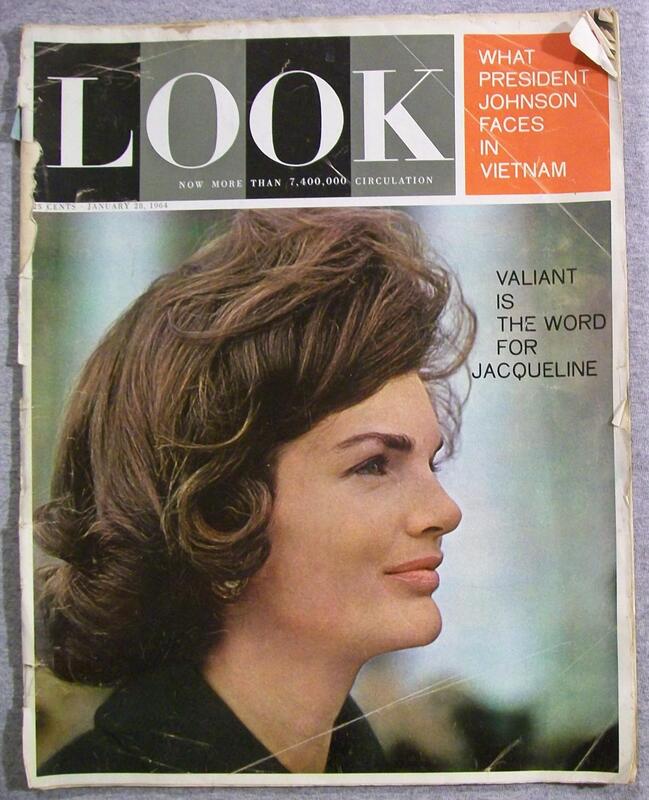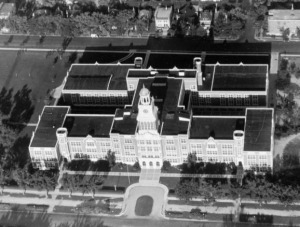Climbing the Academic Ladder
His Relationship with HBCUs
Early on in the interview, Mr. Noel spoke about the academic prowess of his ancestors, all of whom graduated from historically Black universities, HBCUs. He discussed how those institutions, as well as Black K-12 schools, shaped his parents in great ways with Hampton Lab Schools setting his mother, Rachel Noel, up for a lifetime of educational activism. At the same time, historically Black spaces were all they could access. When asked if his family encouraged him to attend HBCUs, he offered a profound explanation for why they did not: it is the job of new generations of Black folks to acquire more than what they were given, go farther than their forefathers had trekked. Although his family’s success can be partially attributed to their attendance of HBCUs, Mr. Noel wanted more. Each subsequent generation should be as hungry as the one prior, and the next step for his family was the Ivy League.
"What I understood from my family experience, that Black families across the country also did, was to ingrain a sense in us, in our generation, that our primary responsibility was to help carry our people a step further than what we inherited. And so that might not be going to a Black university or college that already existed, that already had been taking us for generations. Maybe that meant some of us who had the opportunity may also have had the obligation to go to schools that didn't heretofore allow us to be there."
- Edmond Noel
A Discouraging Experience
East Denver High School, ranked in 1964 by Look Magazine as one of the top high schools in the nation, gave an easy selection pool for the Ivy League. Mr. Noel, as a student council member and athlete, was a huge contributor to his class, and saw himself as Ivy material. He was a member of an organization that included top students from each of the top high schools in the area, which gave an even more condensed group of potential Ivy League admits. When discussing his college options with a counselor provided by East Denver High, he was advised explicitly to not even bother applying to elite schools. Mr. Noel was, instead, given a state university as the highest he could achieve. His father, upon hearing of this experience, urged Mr. Noel to apply anyway. He used his mentor, a Dartmouth alum, to write a letter of recommendation for him, which he believes deeply benefited his application. Mr. Noel ultimately proved his counselor wrong, receiving an acceptance letter from Dartmouth months later.
"So I ended up at Dartmouth because of the enthusiastic referral, enthusiastic promotion of Dartmouth by a local alum."
- Edmond Noel
Moving the Noels Upward
Defying the expectations of his college counselor, Mr. Noel knew that he must go farther than his family had before and brought the Noels into the Ivy League. Each generation of his lineage had managed to progress past those who came before and he knew that failure to do this was not an option. Although it was left unspoken throughout his childhood, Mr. Noel saw the upwardly mobile mindsets of his parents and created his own. His father, in encouraging him to disregard the hurtful words of his counselor, told him that in the face of even the highest hurdles, he must jump. Mr. Noel’s acceptance to the Ivy League was proof to him that no difficulty is any match for the resilience of Black people, demonstrated first to him by his family members. His parents, upon his college acceptance, chose to stay calm with the intention of showing him that his future could be even more fruitful than that letter. If they reacted exuberantly, it might have taught Mr. Noel that getting into Dartmouth was his final win, when really, it was only his first.
"Fortunately, my father spoke first after I told this story and said “I don't even know where the damn Ivy League is, but they will be the ones to tell you you can't come, not this college counselor.”
- Edmond Noel


